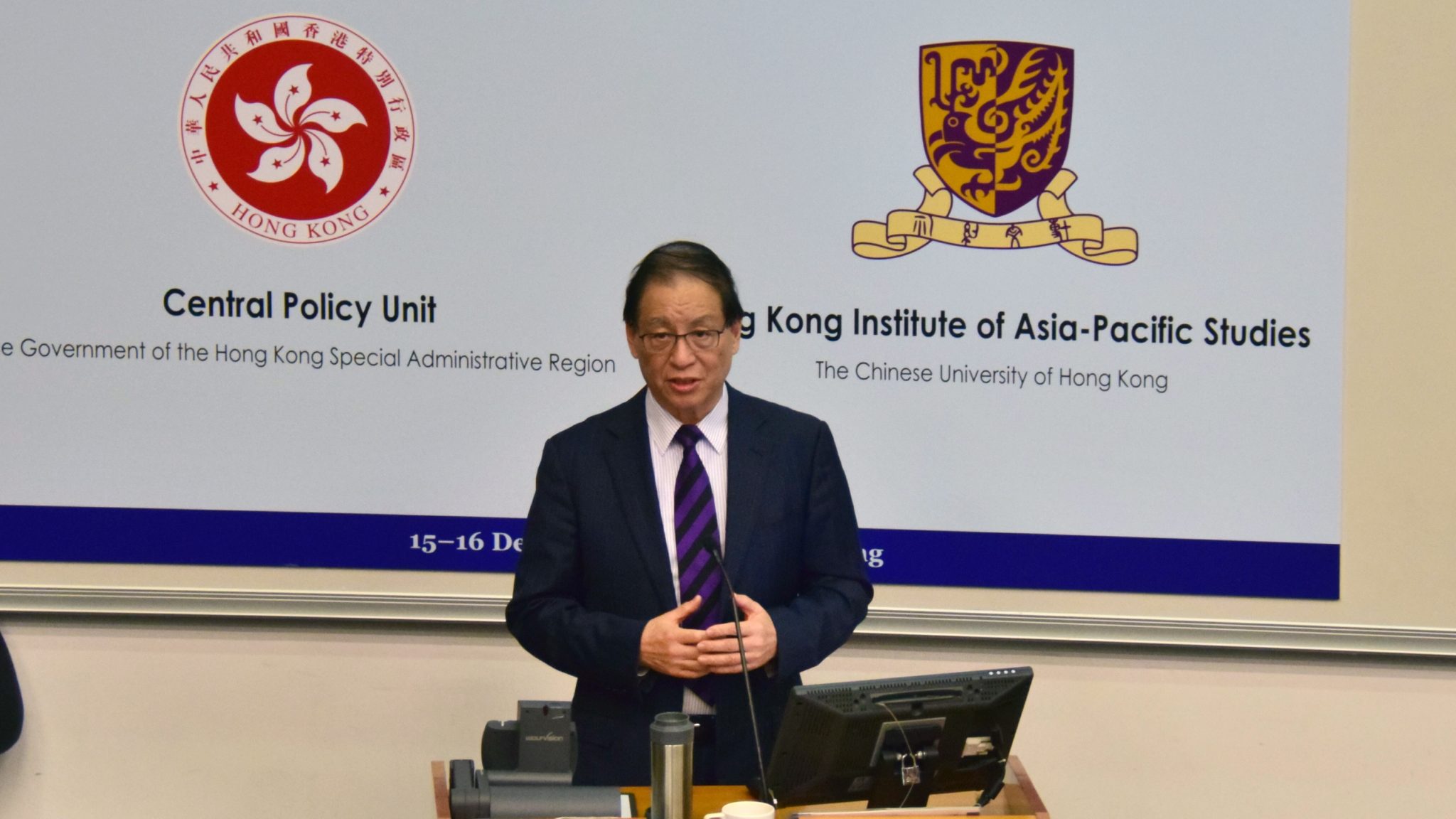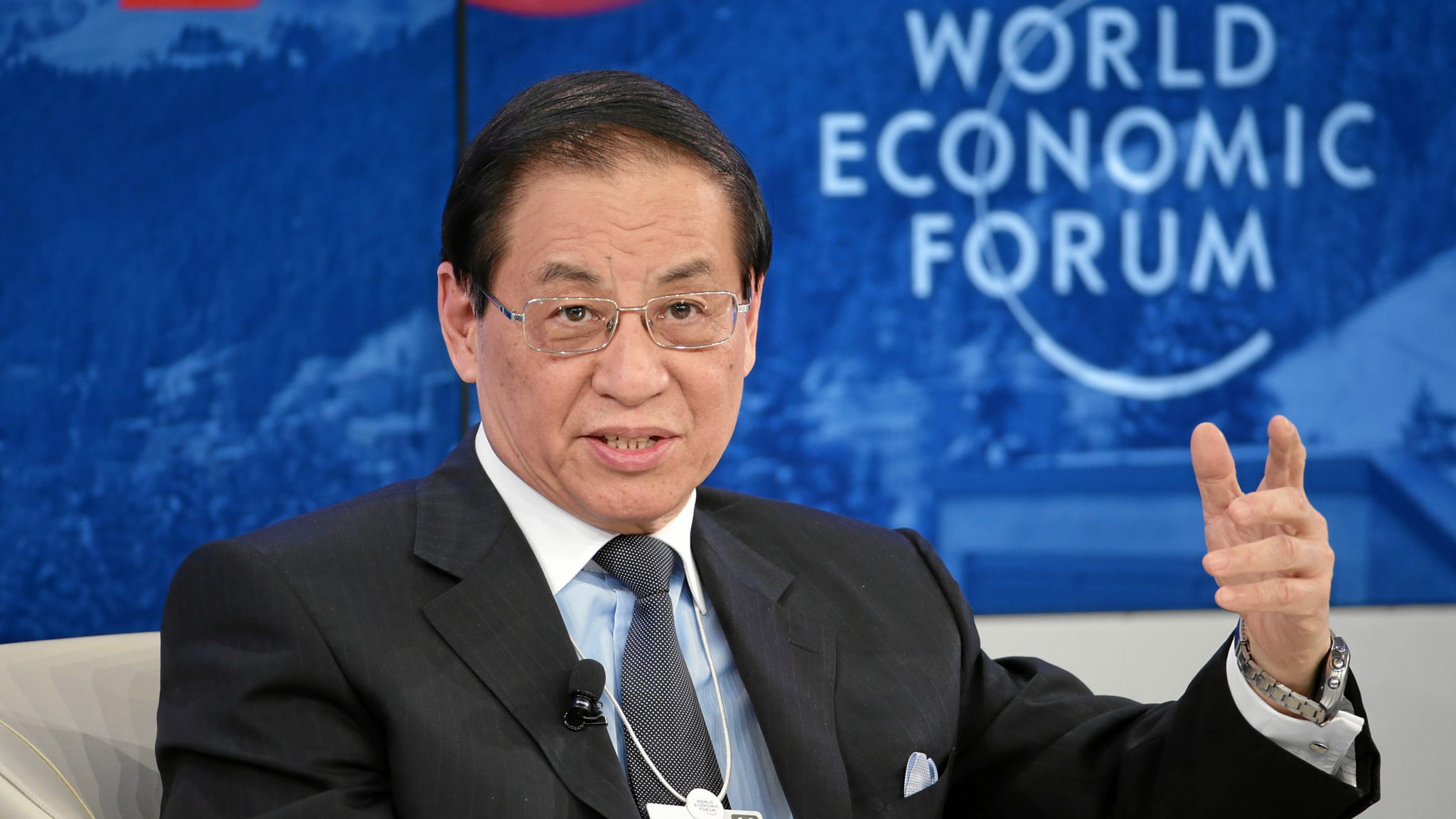Fit in a Re-balancing World

“China is going to reshape the way the global economic functions by virtue of its growing dominance of trade, and its large population. The western oriented world order will increasingly re-orient itself towards the East,” says Prof. Mingkang Liu in his article.
Now the end of 2012 is fast approaching, a year that I see as the juncture of a new phase – a new phase where the world is looking to Asia for new directions. The entry into this new phase is not as much due to the rise of Asian emerging markets or China’s becoming the world’s second largest economy, but I would argue, more the crumbling of the current western order.
It is clear that the world can no longer operate as the way it did over the last century.
In particular, it seems that the US has lost steam, she seems to have lost the support of the generations who have created it. And the Euro’s peripheral members (PIGS) fundamental problem is lack of competitiveness years of profligate spending on inappropriately low interest rate and strong currency. The recent (and still continuing) problems of banking loss, high unemployment, and the undue influence of corporations – particularly from financial services sector – on governments. It seems to me the uncertainty and volatility will be with it for a long time. The real economy will take years/decade to muddle through, which has demonstrated that perhaps the growth model as we have seen it in the West may not work. While in Asia, by 2035, when you are still young, both its GDP and the financial assets will surpass half of the global total. So, a look to the East for direction becomes a hot spot.
I am not here to paint a perfect picture for Asia and China.
Let’s look at China carefully. The country has roughly the same landmass as the US but it is burdened by a fifth of the world’s population and insufficient resources. Its per capita income is still low. Imbalance between development along the coastal and inland provinces are marked. Mass production plus mass exportation, with the country has grown so used to, has changing its face with the faltering economies in the west and a re-orientation towards domestic consumption is critical to keep growth going. And it’s not easy.
Be like it or not, China is going to reshape the way the global economic functions by virtue of its growing dominance of trade, and its large population. The western oriented world order will increasingly re-orient itself towards the East. And we all have to be ready for it and change our minds accordingly.
This gives the world business leaders a chance and a great opportunity to take part in and benefit from Asia’s growth. This is especially important given the rest of the world has stumbled, and will continue to do so in the future. But in order to be in the Asia game, China in particular, one needs to understand, help and appreciate Asia and China―an ever-evolving market. And we are all here to play a role. However, there is no worry that the East, or more precisely, China will refuse the existing world order. China is increasingly working with, rather than outside of the western world order. China understands that, to survive and prosper, it will continue to open up. Moreover, China has to change its growth model to cope with the external and internal changes. To be sure, this changing process will be slow, sometimes even painful but steady and firm.
Much as this relates to the struggle that China currently has in respect of its growth model change, but this also applies to multinational corporations trying to run a business in China. To succeed, senior management of multinational corporations have to embrace the changes, learn how to manage the changes, be inclusive, delegate and empower, and listen to the local and global market’s special needs. For China and other Asian countries, in the coming years, the pace of opening-up and internationalisation will not only continue but will be much faster. Indeed, we have already seen an accelerated pace of market oriented reform.
We are pleased to see China’s recent studies in positioning itself as a leader in clean energy and increased energy efficiency, as well as in reducing carbon intensity. The China’s 12th Five-Year Plan has put great emphasis on furthering the clean technology sector. All the carbon emission reduction goals are binding. Today, no country can solve the environment problems alone. So China and Asia will benefit from advanced technologies and models in which other countries have expertise.
The pace of innovation also speeds up. Concrete measures have not only been taken by the governments and the markets but also more regional communication and co-operation are going on.
We can see a tidal wave of capital market reform coming as well. Asian urgently needs to diversify fund raising and financing channels for corporates, especially SMEs. If we want to continue to grow, should a more vibrant bond market be promised?
Banking growth model changes are also on the way. Focused on further recognition of the customer experiences and satisfaction and developing less balance sheet intensive businesses to save capital and costs will make difference among the banking institutions. To cope with the new Basel requirements and to serve the growth model change of their customers are the driving forces for such changes.
No understanding of the newly emerging markets nowadays is complete without understanding the socio-economic transformation that is taking place worldwide right now.
We cannot lose sight of the needs and wants of 3 billion people, especially our Asian new formed middle class who helps drive the world’s growth and dictate the consumption and growth model going forward.
Mingkang Liu is Honorary Professor of The Chinese University of Hong Kong (CUHK) Business School and BCT Distinguished Research Fellow of Lau Chor Tak Institute of Global Economics and Finance at CUHK; Prof. Liu is the former Chairman of the China Banking Regulatory Commission.
Photo: The World Economic Forum


